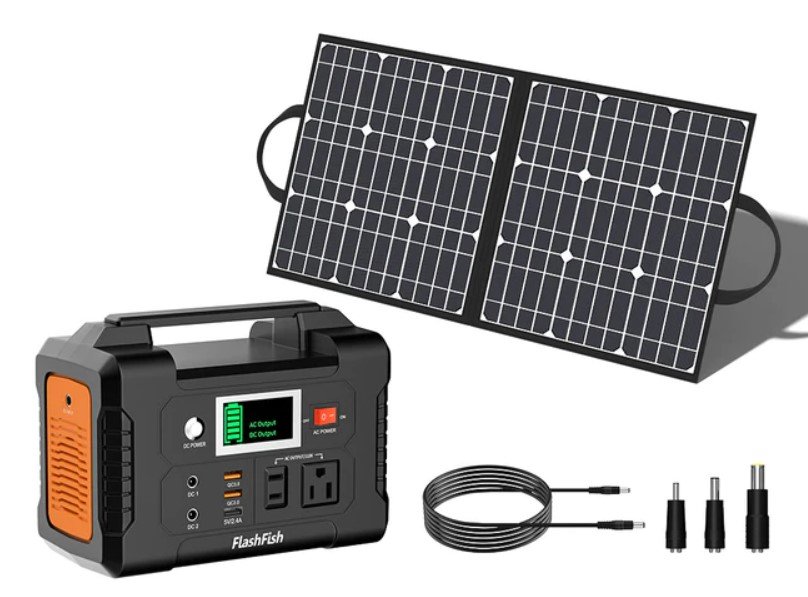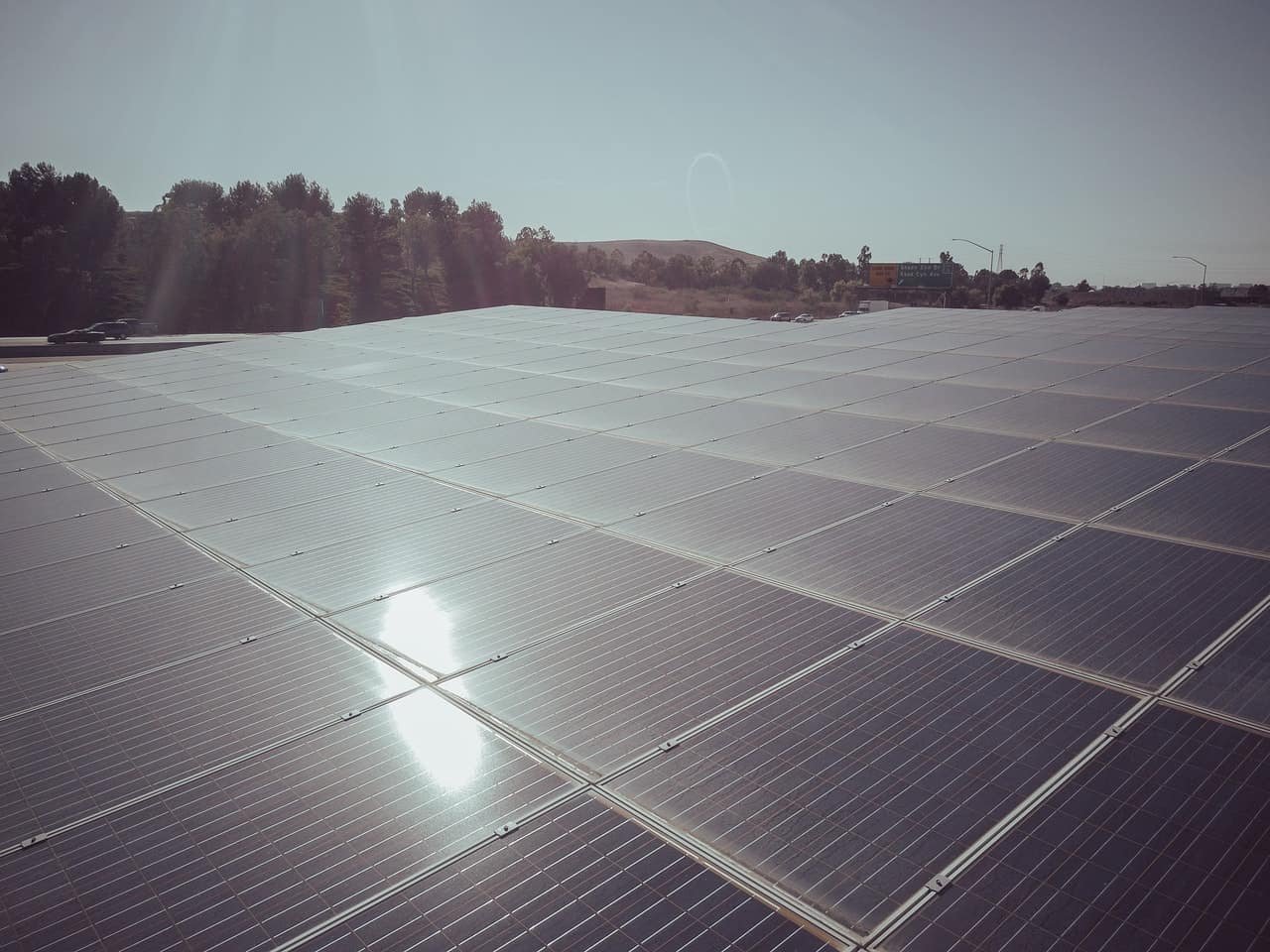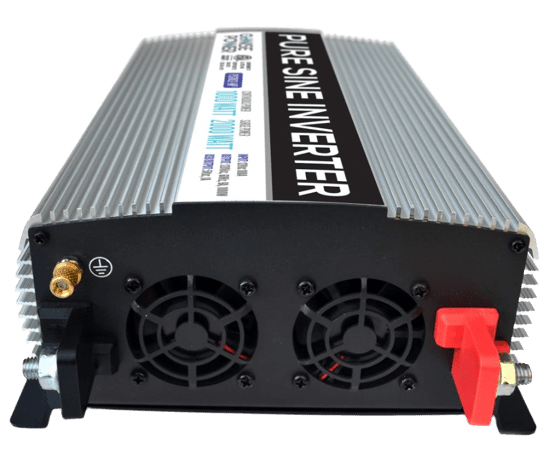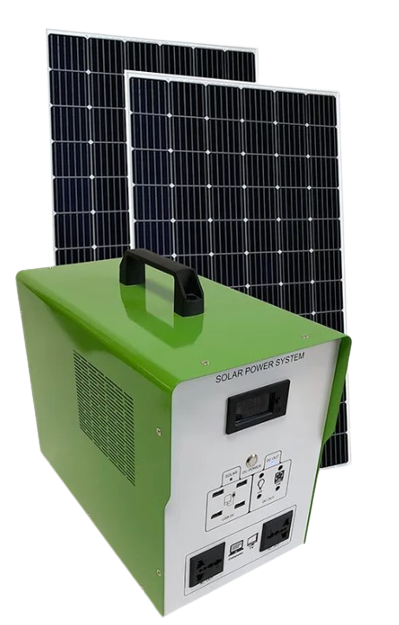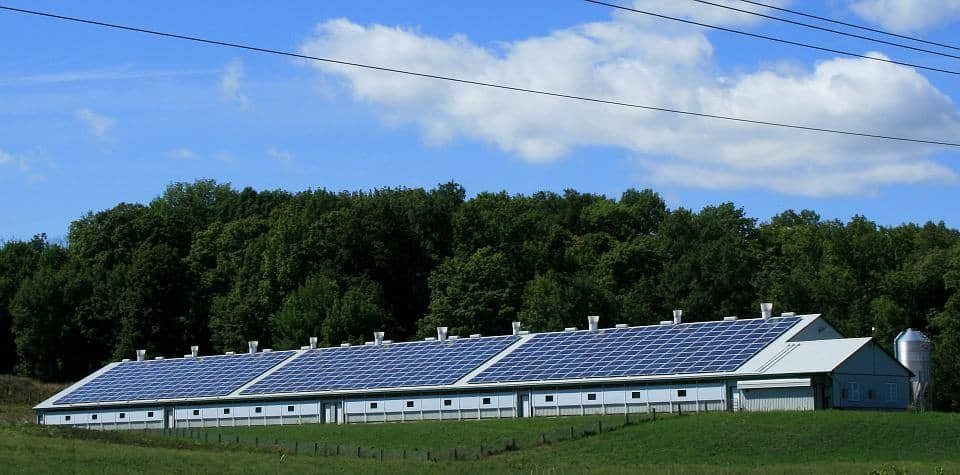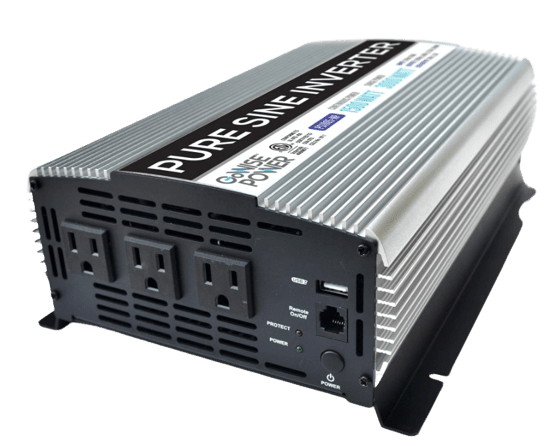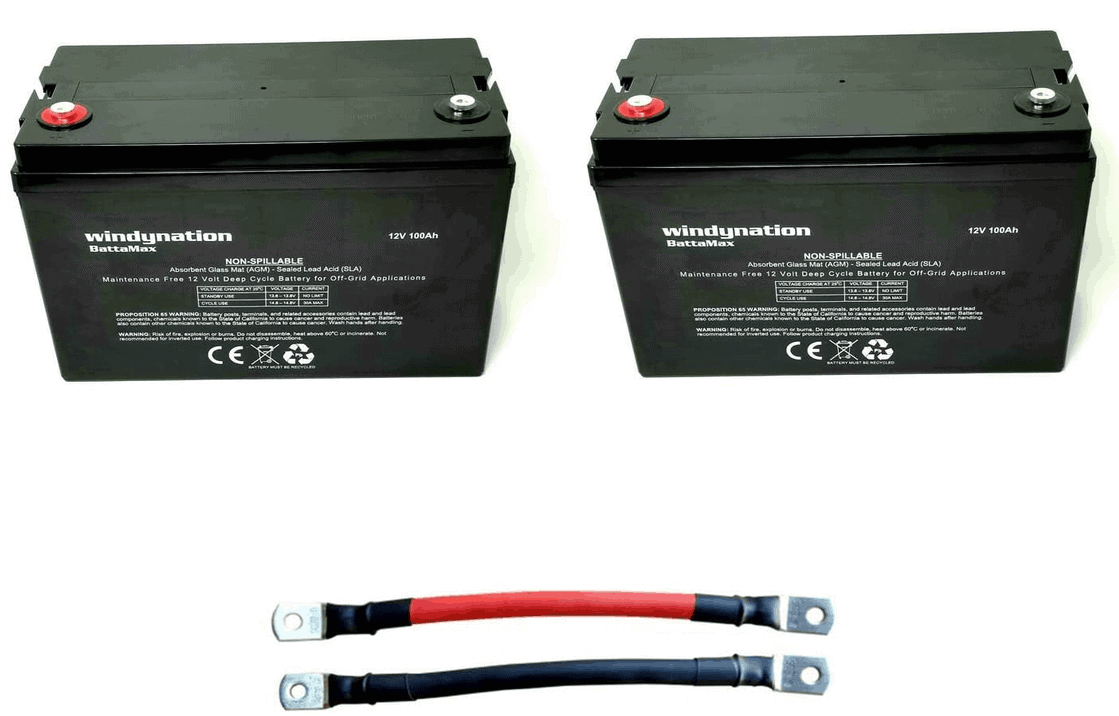Are you thinking about using a solar generator, but don’t understand how they work? Don’t worry, you aren’t alone. Plenty of people have questions about solar generators and how they work. This includes how they differ from gas-powered generators and the pros and cons of each.
Can a Gas Generator and a Solar System Run at the Same Time?
Unfortunately, it isn’t possible to run a gas generator at the same time as a solar system. This is because most solar systems on houses are set up to tie back to the grid.
During a blackout, power going back into the grid can make a dangerous situation for anyone working on the lines.
Additionally, it could create a feedback loop where power tries to go to places it shouldn’t, like back to your generator or back through your solar system. However, standby generators and solar systems are often used in off-grid situations.
Can You Charge a Solar Generator with a Gas Generator?
Yes, it is entirely possible to charge a solar generator with a gas generator assuming that the inverter of the gas generator is compatible with the input rating of the solar generator. This is because you are basically charging a battery bank with your gas generator.
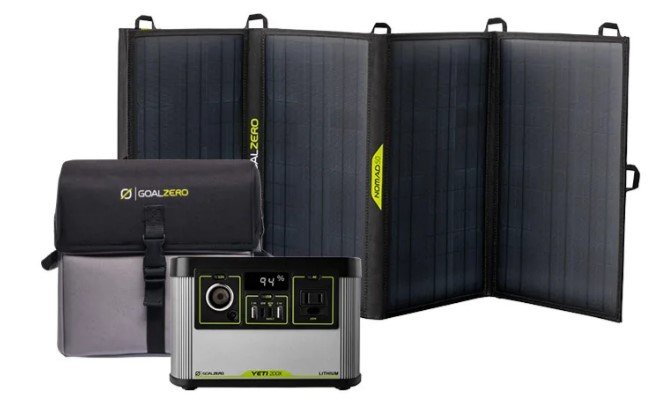
While you can charge a solar generator with a gas generator, there doesn’t seem to be much point unless you just need quiet power operation later.
Comparing Solar Generators
As with all product alternatives, each has its pros and cons. Here, we will summarize the main reasons why you might want to consider one over the other.
Pros of solar energy generators:
- Durable, high-quality products
- Cheap cost in the long run
- Little maintenance
- Better for the environment
- Quiet operation
- Can be used indoors
Pros of diesel generators:
- Comparable durability
- 10 to 20 times cheaper to purchase
There are quite a few pros to getting solar generators. Though they are costly, they last a lot longer and need a lot less care which makes them ideal for most people.
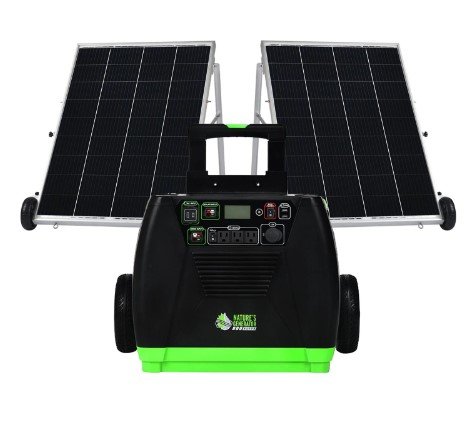
You can see why many people are starting to favor solar generators over products like diesel generators, especially when you consider that solar generators come with a variety of warranties and should easily last 20 to 25 years as well.
Solar Generators vs Gas Generators
The argument for solar generators over gasoline generators is very similar to the benefits and drawbacks of solar generators versus diesel generators. The main difference is the fuel source between the more traditional generators.
That being said, gas generators can have both higher peak and continuous power than solar generators. In theory, gas generators can also run longer as long as there is a constant supply of fuel for them to run on.
Meanwhile, solar generators often cannot charge fast enough to offset the energy actively being used to power other devices.
Solar Generators vs Propane and Natural Gas
Propane or natural gas generators work in the same way as diesel or gasoline generators but require a different fuel source. Despite the similarities, propane/natural gas has several advantages over traditional gas generators that make them well worth considering as an alternative to solar generators.
Pros of propane/natural gas generators:
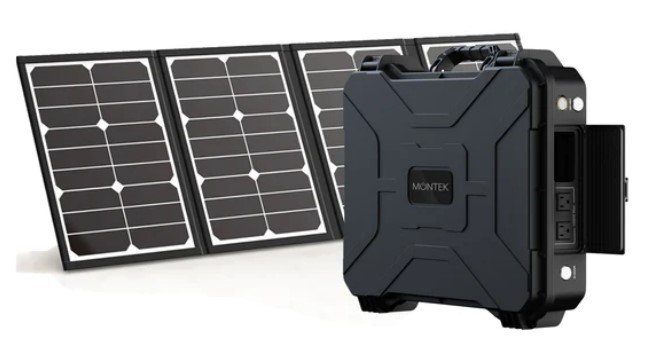
- Quieter than gas or diesel generators
- Considered a clean energy source by the United States Environmental Protection Agency (EPA)
- Longer lifespan than other fuel generators because it burns cleaner
- Typically cheaper to operate and prices for fuel don’t change as much
- Cheaper than solar generators of a similar wattage
Cons of propane/natural gas generators:
- Still louder than solar generators
- Cannot be used indoors like solar generators despite clean burning
- Shorter lifespan than solar generators
- Still require constant fueling and more involved maintenance
- Propane storage can be hazardous
Can You Turn a Gas Generator Into a Solar Generator?
If you already own a gas generator and are somewhat handy, you might think that you can convert an outdated gas generator into a solar generator to save yourself some money. This is not the case.
The reason why you cannot convert a gas generator into a solar generator is that they use completely different methods to create useful energy [electricity]. Gas generators take chemical energy in the form of fuel [gasoline] and burn it to turn a motor, creating kinetic energy.
This kinetic energy is then converted again into electrical energy through a process known as electromagnetic induction. In contrast, solar panels simply absorb radiant energy from the sun in the form of photons and convert it directly into electrical energy [albeit as direct current instead of the more useful alternating current].
What this means is that you cannot convert a gas generator into a solar generator and if you tried you would basically just have created a solar generator from scratch instead of doing a conversion.
